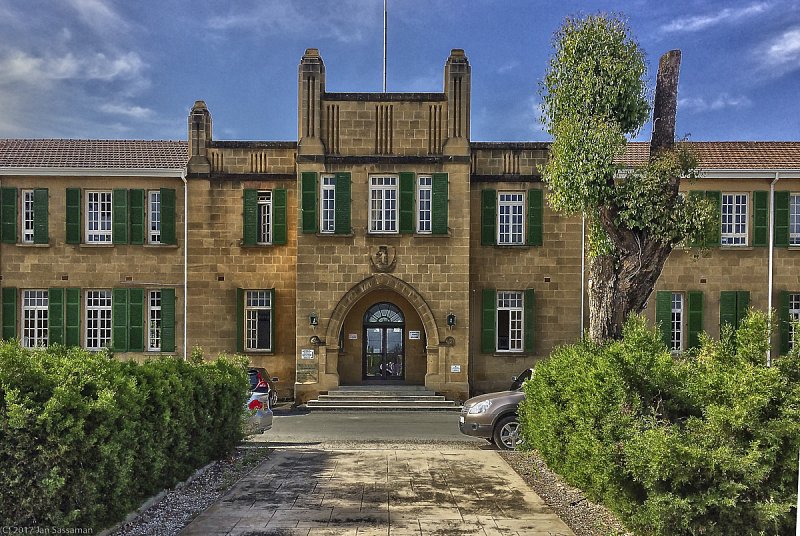A former board member of the English School in Nicosia, Sener Elcil, has strongly condemned his dismissal from the school’s board on Monday, calling for the institution to remain free from political and personal interests. In a letter to President Nikos Christodoulides, Elcil expressed his concern that the school, which has long been a symbol of unity with Greek-Cypriot, Turkish-Cypriot, and minority students studying together, should not fall under the control of those who prioritise political convenience over its true values.
Elcil, who served on the school’s board from 2013 until his recent dismissal, claims his removal was part of a premeditated conspiracy to dismantle the board. He detailed the incident in a letter released by his legal representatives, alleging that a secret recording of an informal discussion had been used to undermine the school’s leadership. According to Elcil, this recording shows that the incident was deliberately planned to harm both the president and the board, casting doubt on the legitimacy of his removal.
Elcil also voiced his strong opposition to the government’s decision to dissolve the Board, suggesting that it was done solely for political reasons without conducting a proper investigation into the matter. He expressed disappointment that such a critical decision was made without first establishing the truth.
“The police must act swiftly on the allegations regarding the leak and unauthorised recording of the informal conversation and the director’s email,” Elcil urged.
The former board member underscored the importance of the English School as a model of harmony, highlighting the school’s unique role in bringing together people from diverse backgrounds in a successful and cooperative environment. He called for the institution to be protected from those seeking to undermine it for personal or political gain.
“The English School is a rare example of Cypriots working together in harmony. It should serve as a beacon for the reunification of our country,” Elcil stated, emphasising that the school must not be left to those who allow personal and political agendas to dictate its future.
Elcil’s statements come at a time of growing concern over the future direction of institutions like the English School, which continue to hold cultural and educational significance in a divided Cyprus.







Click here to change your cookie preferences